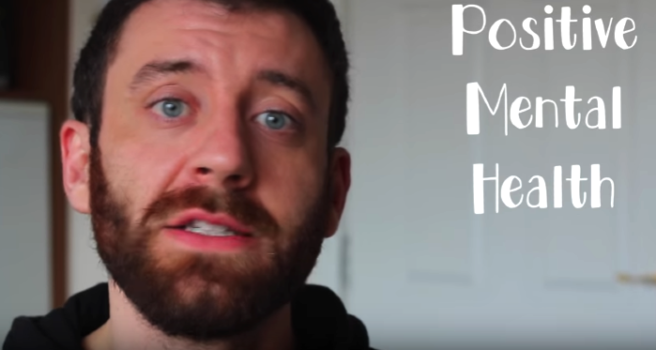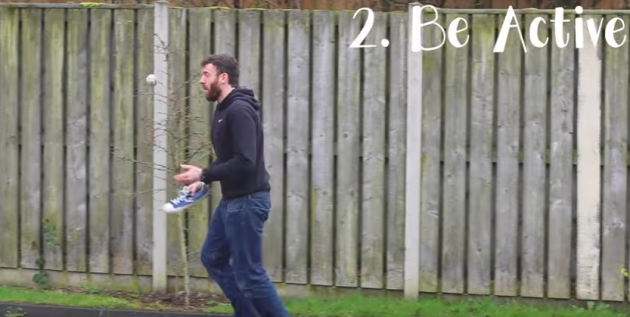
Seasonal Affective Disorder: Top ways to mind your mental health
If you have noticed that your mood- or that of someone you are close to- is exceptionally low this time of year, that could be because you are experiencing symptoms of seasonal affective disorder (SAD).
Just as it sounds, SAD is a disorder that is at its most prevalent during the darker days- from September to April. It causes symptoms of depression and anxiety and is more common than you’d think, affecting approximately 1 in 15 people. Like others who live as far from the equator as we do, the decrease in natural sunlight during the winter months has a direct effect on our mental health.

For many, SAD is so disabling that they cannot function normally without treatment. SAD most commonly begins between the ages of 18 and 30-years-old and you are diagnosed after two or more consecutive winters of experiencing symptoms.
So, what are they? Those with seasonal affective disorder may experience the following symptoms:
- Sleeping problems– It is common to oversleep often and have difficulty staying awake. Disturbed sleep and waking too early are also symptoms of SAD
- Feeling lethargic– Those with SAD can lack energy and are sometimes unable to go about their normal day because they feel so tired. Limbs become heaving and weight gain is common due to overeating and craving carbs and sugar.
- Feeling anxious– Anxiety is a common symptom with increased feelings of dread and stress.
- Feeling depressed– Low moods, weeping and feeling generally sad are key features of SAD. Hopelessness and feelings of failure are also very common.
- A weakened immune system– Those who suffer from SAD will be more susceptible to catching winter colds, flu and bugs.
- Feeling apathetic– SAD causes loss of motivation and difficulty concentrating. It can also leave you feeling less motivated to partake in things you would normally find fun.
- Feeling like staying in– More than normal, we mean. Those with SAD will withdraw from social situations at this time of year and become uninterested in friends.
- Disinterest in sex– Loss of libido is a common symptom, meaning a decreased interest in sex and physical contact.
- Mood swings in the warmer months– Many people experience spurts of energy and hyperactivity (known as hypomania) in spring.

Identifying this very common mental health issue is the first step. There are luckily many ways to treat and look after your mental health if you suffer from seasonal affective disorder:
Spend as much time as you can in the sun
Try to get up early to get the most out of the daylight. Make an effort to allow sunlight into your home. Trim any vegetation that may be blocking the path of sun rays to your windows. Keep blinds open and surround yourself with colour by painting walls and using brightly coloured décor. You could even switch desks at work so that you are sitting close to a window.

Try to stay healthy
This is the hardest one. Any exercise or time spent outdoors will help. A simple walk each day can have an amazing impact on your mental health. Try to limit your sugar, alcohol and caffeine intake (we know). These changes to your routine will be worth it when your mood lifts.

Try to have fun
Instead of taking all your holidays during the summer, takes some time off in winter to do the things you love and surround yourself with people who boost your mood and support you. Do what is fun FOR YOU.

Consult your GP
This one is important: Ask for help even before it seems overwhelming. Take all medication as prescribed by your doctor and keep an eye on any side effects. Your doctor may suggest light therapy. This is the use of artificial light to substitute the sunlight. Ask your doctor about this one- they will know.
The most important thing is to consult your doctor immediately if you notice your symptoms are getting worse or stronger. If you suffer from severe winter depression your doctor will need to determine if your symptoms are SAD related, or if something else is causing them.

Psychotherapy, behavioural therapy, stress management techniques and prescribed medication can all be used to treat SAD. Remember, you are never alone, and your GP will always be there to support your mental health.
Sources: Mental Health Ireland, HSE.ie











